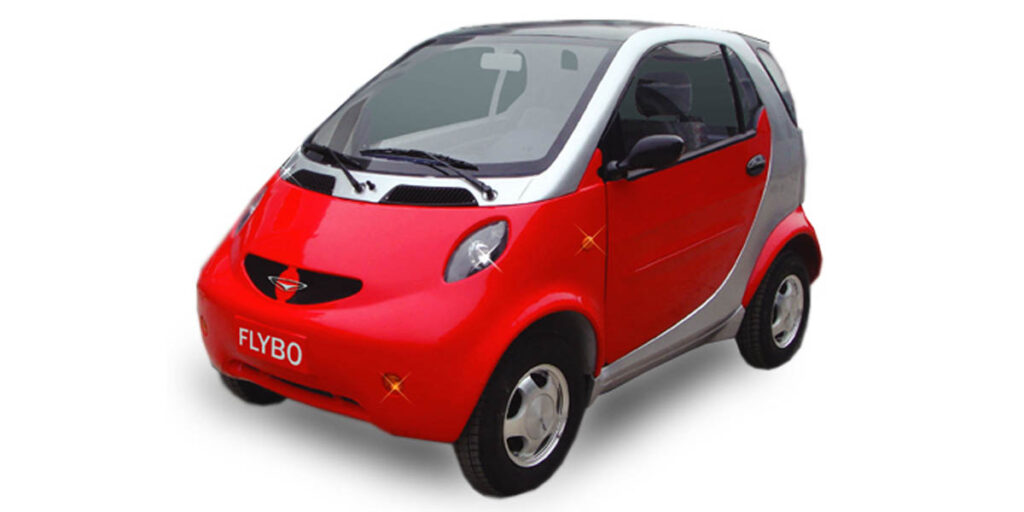The U.S. has taken decisive steps towards potentially restricting the entry of internet-connected Chinese vehicles, including electric vehicles (EVs), into the American automotive market. This initiative, rooted in concerns over national security, stems from apprehensions that the sophisticated operating systems of these vehicles could serve as conduits for sensitive information to be transmitted back to Beijing, thereby posing a significant risk to the United States.
At the heart of this initiative is the commencement of an investigation by the Commerce Department into the security threats these vehicles may pose, signaling the possibility of future regulations or restrictions on Chinese automotive imports. This action is indicative of the broader strategy by the Biden administration to counter the competitive and security challenges posed by the rapid escalation of China’s electric vehicle production. The move is particularly poignant, given the context of China’s accelerated efforts to dominate the global auto market, an ambition that directly conflicts with Biden’s industrial policy aimed at bolstering American automakers both domestically and internationally.
The administration’s concerns are multifaceted, focusing not only on the potential for market disruption but also on the intricate ways in which these vehicles could be used for surveillance. According to the administration, the operating systems in Chinese-made vehicles have the capability to track an array of activities from driving routes and locations where vehicles are charged, to personal entertainment preferences while on the road, such as music or podcasts listened to by the driver. President Biden underscored this point, stating, “Connected vehicles from China could collect sensitive data about our citizens and our infrastructure and send this data back to the People’s Republic of China,” highlighting the potential for these vehicles to be “remotely accessed or disabled.”
This stance is not without precedent. The investigation, as directed by Biden, leverages new authority established under an executive order issued by his predecessor, marking a continuation of a bipartisan approach towards addressing the complexities of trade and technology with China. The administration’s move is part of a larger trend of increasing technology restrictions on China, reflecting growing concerns over cybersecurity and espionage risks.
The implications of these concerns extend beyond mere data privacy issues. The administration has pointed out that American auto manufacturers selling vehicles in China are compelled to incorporate Chinese software, suggesting a reciprocal concern over the influence of foreign software in domestic markets. Commerce Secretary Gina M. Raimondo voiced the gravity of these concerns, stating, “It’s scary to contemplate the cyberrisks, espionage risks, that these pose,” thereby emphasizing the need for stringent measures to safeguard national security.
The broader context of this initiative includes the administration’s efforts to curb the inflow of Chinese vehicles, which have seen a surge in European markets due to their competitively low prices, attributed in part to lower labor costs. This strategy encompasses considerations to increase existing tariffs on Chinese vehicles, alongside exploring other policy measures to ensure the competitiveness of American carmakers and autoworkers.
The investigation into the security threats posed by Chinese electric vehicles is not just about safeguarding the American auto industry; it is a critical aspect of the broader struggle to maintain national security in the face of increasing belligerence in Chinese politics.
These actions by the U.S. government show an increasing understanding of the Chinese threat and a resistance to the constant pressure to allow China access and leverage in our society. While no one knows the direction this will take, we must protect ourselves from the worst possibilities, i.e. the very essence of defense.
